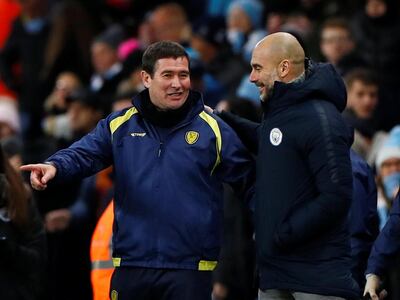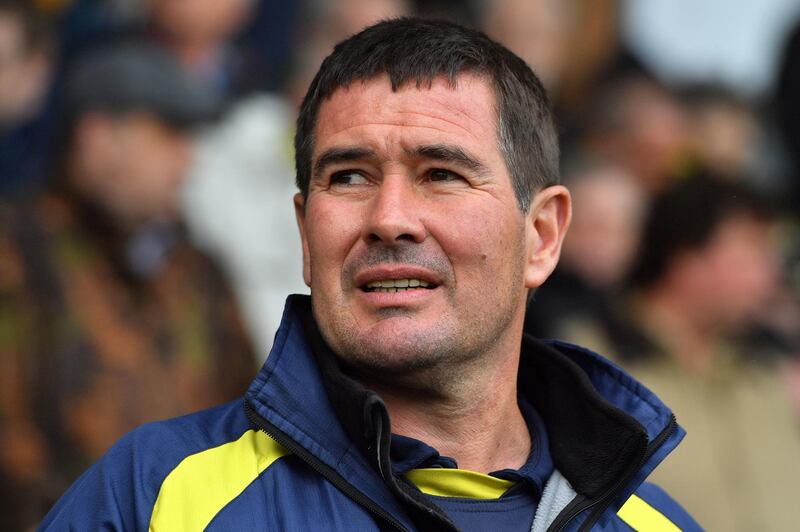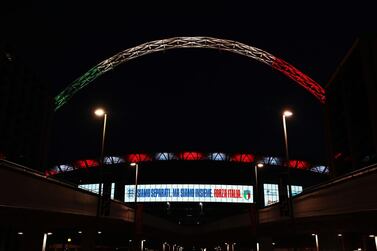Nigel Clough was the sixth-longest serving manager in English football, one place behind Jurgen Klopp, even though he first took charge of Burton Albion in 1998.
His second stint began in December 2015 and ended on Monday, not with the fanfare Burton’s greatest manager deserved but with a statement on the club website, which had a footnote that the accompanying photo was taken in the days before social distancing.
Three weeks after Luton parted company with Graeme Jones, Clough ranks as another managerial casualty of football’s financial crisis.
He has gone not because of results, but as a consequence of coronavirus. He had grown restless of late but stood aside to help cut costs at Burton. He will not be the last out of work. Ipswich released three players the same day, even though they hope the League One season resumes.
Last month, Colchester released four first-team regulars, players who otherwise would have been well placed to get extended deals.
Last week, Bristol Rovers’ PFA representative, Alex Rodman, talked of 1,400 Football League players being out of contract at the end of June.
The ranks of the footballing unemployed is set to swell but at some clubs, more than half the players are out of contract.
Clubs are being assailed on all sides. May and June are normally when they sell the majority of their season tickets and, although they cannot spend the money then, they can start to in July.
Instead, some are processing refunds for the remaining home games this season.
All are potentially facing up to the prospect of potentially playing behind closed doors for a year. League One clubs get given £1.7 million (Dh7.65m) a year, £700,000 of which is a solidarity payment from the Premier League. If that is their sole income, they are in trouble.
League One is in a state of civil war. While League Two clubs voted to end the season, a group League One clubs – largely bigger, often promotion-chasing but outside the top two – are campaigning to continue.
“Opinion, I would say, is split,” Portsmouth chief executive Mark Catlin said on Talksport. “Those that want to call it a day just about tip the balance then you go down the play-off route. It sums up the widening gap in football.
"The Championship is aligned with the Premier League, League Two have gone with non-league and then we're in the middle.”

Accrington Stanley owner Andy Holt, whose club are safely in mid-table, has said it would cost them £500,000 to play. “Financially, it’s worse to finish it,” he stated. His players are furloughed, meaning the government is paying much of their wages.
While the English Football League (EFL) has offered to pay for coronavirus tests, that money will be claimed back from clubs over time.
The EFL announced a £50m relief package for clubs in March, but its chairman Rick Parry has talked of its clubs facing a £200m shortfall.
Some of the biggest will suffer the most. The Championship is a loss-making league – in 2017-18, its only member to make a profit was Derby County, and they were only in the black because they sold their stadium to their owner.
It is a division where 106 percent of income is spent on wages alone and that revenue has been predicated on matchday income.
Hull City have become the first Championship club to try and have the season voided, citing costs of £1.2m to play, but, one place above the relegation zone after taking just two points from 11 games, it is in their interest to halt proceedings.
The bigger picture is that, amid talk of a bailout and with a need for wage cuts, everyone is a loser.







